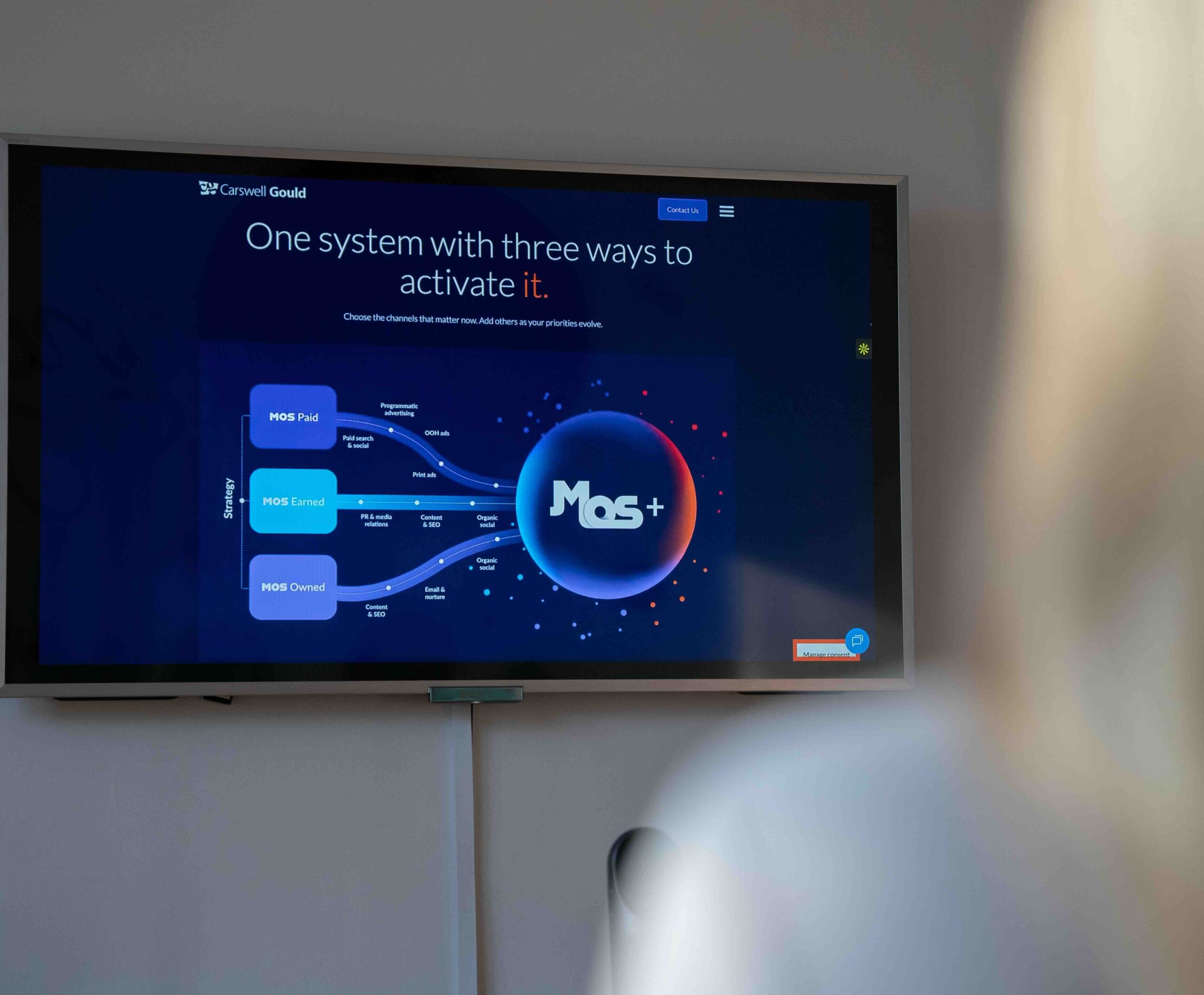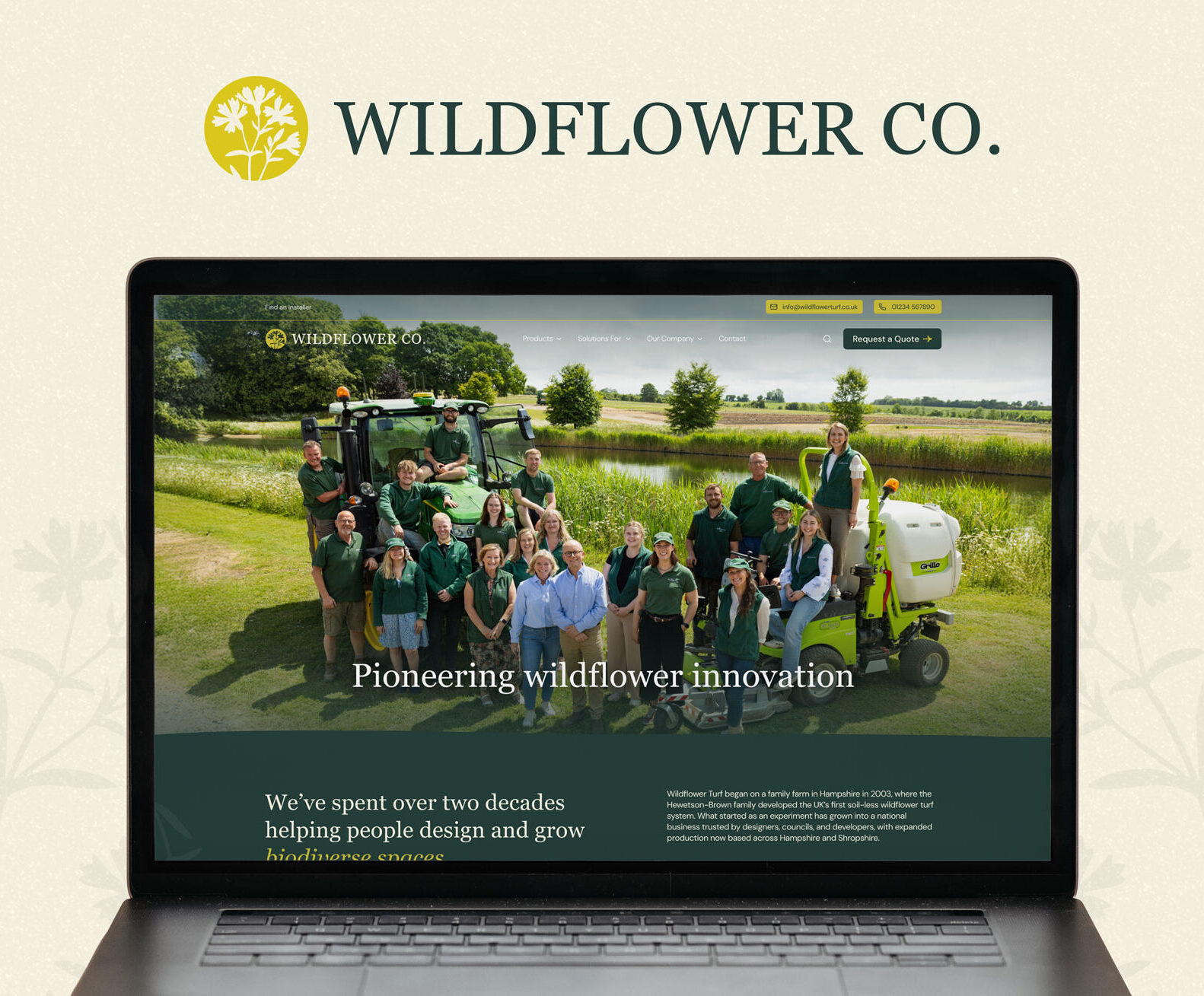Carswell Gould has been exploring how to make sponsoring an event work for your business and how companies like ABP Southampton get the job done properly.
If you’re looking for an agency to assist in building your brand through sponsorship, we can help.
Sponsorship can be a great way to get your brand front of mind, however, it doesn’t always go well. Here are five sponsorship examples of what happens when it goes wrong.
1. Lance Armstrong
Eight of Lance Armstrong’s sponsors dropped him in just 24 hours after it came to light that he had in fact been taking performance-enhancing drugs. He reportedly lost $75 million dollars in one day.
Embarrassingly, Nike had even run an advert in 2001 where Armstrong mocked those using performance-enhancing drugs: “Everybody wants to know what I am on. What am I on? I’m on my bike, busting my ass six hours a day. What are you on?” The brand said in a statement that Armstrong had “misled Nike for more than a decade.”
Sportswear company Skins brought a claim against cycling governing body Union Cycliste Internationale arguing damage to its brand by association totalled two million dollars.
They’re not the only ones suing. The government wants to recover nearly $40 million that the US Postal Service paid to sponsor his team. Lawyers for Lance Armstrong told a court that he didn’t defraud his former sponsors, because they should have known he was doping, even though he denied it at the time.
2. SeaWorld and Southwest Airlines
Southwest Airlines ended a 26-year-long relationship with SeaWorld after backlash from the Blackfish documentary. 32,000 people signed a petition called “Stop promoting SeaWorld animal cruelty” and PETA put pressure on the airline to drop the sponsorship after concerns were raised about the treatment of killer whales at the theme park.
A joint statement simply said the companies were “shifting priorities”.
3. The Olympic Games and McDonald’s
McDonald’s has been the official restaurant of the Olympic Games since 1976 but during the 2012 London Olympics the choice of sponsor came under close scrutiny. Campaigners claimed that the Olympics were endorsing obesity, with exclusive deals that saw child friendly mascots used to sell sponsors’ chocolate, fast food and sweets.
McDonald’s used the opportunity to push its healthier options and it’s customer service record, stating that “The Olympics is the biggest catering operation in the world and there aren’t many businesses that could rise to that challenge.” Before the 2012 Olympic games had even begun, McDonald’s extended their sponsorship deal for another eight years.
4. Newcastle FC and Wonga
Earlier this month, Wonga launched a new logo just a few hours before Newcastle FC unveiled its new kit – but with the old logo. Wonga has said that the rebrand came too late for football team to implement it, so it will have to make do with their old logo being paraded around for another whole season.
Wonga should have known when Newcastle FC was unveiling its new kit as all football clubs unveil their new kit at the same time of year. The rebrand will have cost the loan company a lot of money and it’s now missed an opportunity to push its new identity out across a huge audience.
On top of this ill-feeling it emerged that McDonald’s had exclusive rights to sell chips in the park, meaning other vendors were under a strict chip ban unless they were selling fish and chips. The Telegraph dubbed it a ‘Dictatorchip’ and the London Organising Committee eventually allowed chips to be served in staff catering tents, but held the ban across the rest of the park.
5. Sheffield United
After Sheffield United looked to re-sign Ched Evans, a convicted rapist, sponsors like Nandos, DBL Logistics, Verlin Rainwater Solutions and ZenOffice and high profile patrons such as Jessica Ennis-Hill all threatened to withdraw sponsorship and support. More than 160,000 people signed an online petition urging the club not to pursue the deal and Nick Clegg even waded in to the debate.
Image credit: Fernando Hernandez on Unsplash




